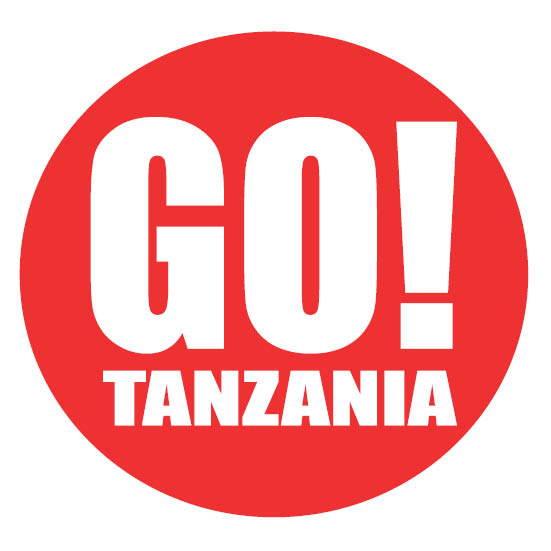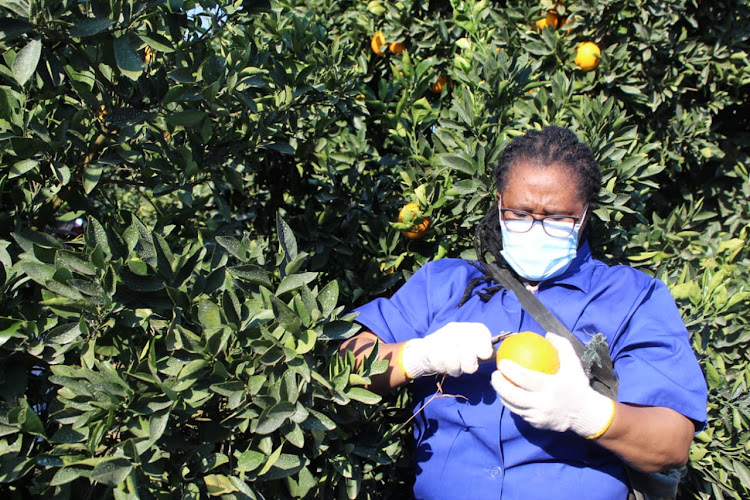On various occasions, I have highlighted South Africa’s agricultural sector’s gains in the first three decades of democracy.
The sector has more than doubled in value and volume terms. Better seed varieties in crops, vegetables, and fruits, as well as improved genetics in livestock and poultry, have, among other interventions, been the catalyst for output growth.
The opening up of export markets over the years has also created a solid demand that today, we export roughly half of what we produce in value terms. Our agricultural exports amounted to a record US$13,2 billion in 2023.
In appreciating this progress, some often ask about the black farmers’ contribution. The data on this is shaky, but based on various industry research, we can state that black farmers account, on average, for around 10% of the commercial agricultural output.
This gives one an indication of their contribution to exports. The matters of why black farmers account for this much produce thirty years in democracy and how we could build an even more inclusive agricultural sector are issues we discussed at length in our recent book, A Country of Two Agricultures. We encourage all caring South Africans to read the book.
However, another critical discussion is the issue of gender dynamics in South Africa’s agriculture. As a country, we should continue to improve this area. The data about the current state of women’s participation is also shaky.
Still, one can lean on a few indicators, such as the recent census of agricultural statistics from Statistics South Africa, to make a point. The census report found that we have about 40k commercial farm units in South Africa.
To be super clear, the census only considers farmers registered for VAT (the threshold is a turnover of R1 million a year). Therefore, there are many more farmers not accounted for in this figure who are involved in commercial farming as their primary source of income and those who practice farming as a secondary source of income.
Still, if we go with the 40k farming units, about 20% are owned or operated by women. However, we also know anecdotally that women’s participation in the subsistence farming sector is perhaps much larger in various areas.
In such cases, the question remains: what can we do to ensure mobility where women can progress to the commercial level if they aspire to do so?
Another vital aspect is jobs, where women accounted for roughly a third of the 896k jobs in the second quarter of 2024. More could be done to improve women’s participation, particularly in agro-processing.
Let’s all agree that agriculture, as an important sector of the economy, could still deliver more jobs and expand in underutilized land. This makes the gender discussion even more valuable.
The South African government has about 2,5 million hectares of land acquired through the Pro-Acitive Land Acquisition Strategy. This land should be released to beneficiaries with title deeds and help boost inclusion in the sector and growth, such as growing the South African agricultural pie.
In selecting the beneficiaries of the land, the government will have to be guided by the existing Beneficiary Selection and Land Allocation Policy. One important aspect of this policy that is less talked about is its focus on boosting women’s participation in agriculture. It states that 50% of land redistributed must be transferred to (black) women. If we follow this approach as a country, along with ensuring that there are financial instruments to assist, perhaps we could improve in the coming years in racial and gender inclusiveness in the sector.
There are many young women interested in agriculture that one sees online, and some even write to me enquiring about a range of agricultural matters. This means there is interest amongst women in joining agriculture and playing a meaningful role in addition to the gains we have made as a country. The policy environment is also supportive.
We will need to ensure that commodity associations, particularly at the development level, continue to encourage women’s participation so that also when the time comes for land release, they can get the land and help ensure that in the next agricultural census, we see an improvement in farms operated (or owned) by women.
I must stress that agricultural matters are not only about farmers; the jobs in various organizations, agribusinesses, commodity organizations, universities, firms and laboratories all form a significant share of women’s continuation to South Africa’s agriculture, food, fibre, and beverages industry.
Inde’lendlela (this is a long journey), but we are moving forward as a country.
Wandile Sihlobo is the Chief Economist of the Agricultural Business Chamber of South Africa (Agbiz) and the author of two books, “A Country of Two Agricultures: The Disparities, The Challenges, The Solutions” and “Finding Common Ground: Land, Equity and Agriculture“. He is a Senior Lecturer Extraordinary at the Department of Agricultural Economics at Stellenbosch University. Sihlobo is also a Visiting Research Fellow at the Wits School of Governance, University of the Witwatersrand, and a Research Associate at the Institute of Social and Economic Research (ISER) at Rhodes University. Sihlobo was appointed as a member of President Cyril Ramaphosa’s Presidential Economic Advisory Council in 2019 (and re-appointed in 2022), having served on the Presidential Expert Advisory Panel on Land Reform and Agriculture from 2018. He is also a member of the Council of Statistics of South Africa (Stats SA) and a Commissioner at the International Trade Administration Commission of South Africa (ITAC). Sihlobo is a columnist for Business Day, The Herald and Farmers Weekly magazine. His weekly podcast, “Agricultural Market Viewpoint with Wandile Sihlobo“, is available on all podcast platforms. He holds a Bachelor of Science degree in Agricultural Economics from the University of Fort Hare and a Master of Science degree in Agricultural Economics from Stellenbosch University.




